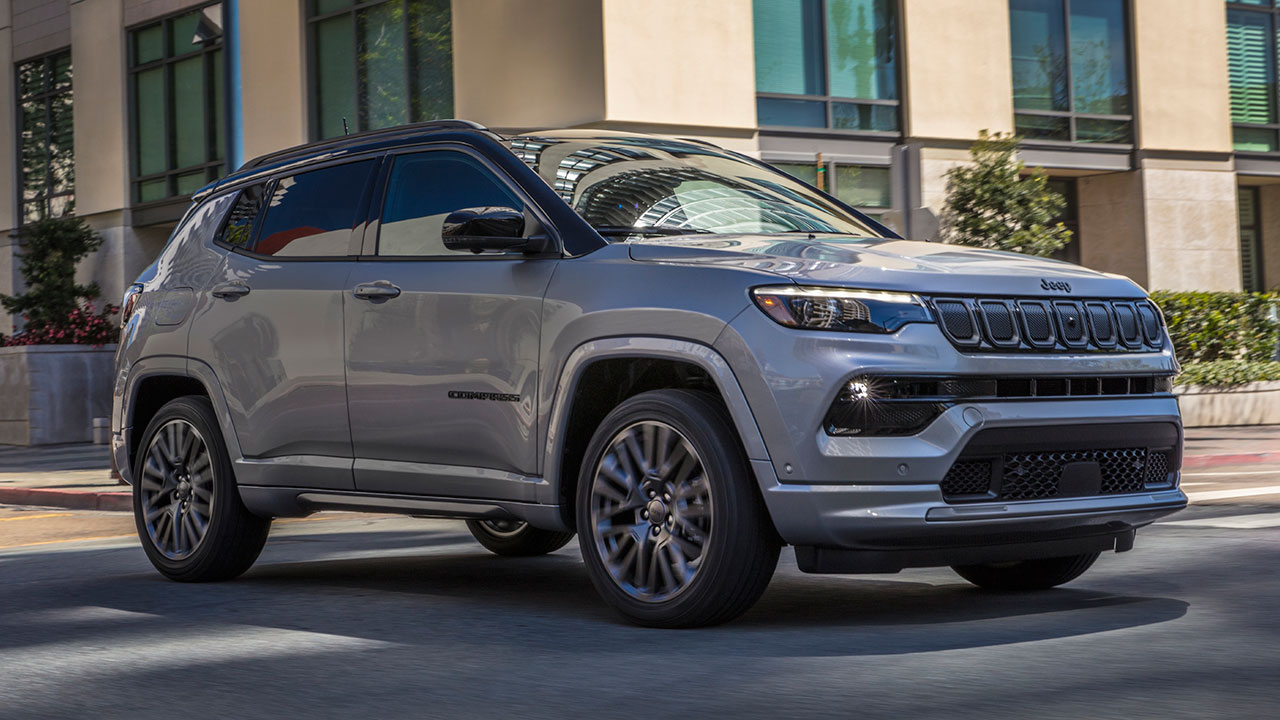While specific models and contract details remain undisclosed, this significant deal will span a wide spectrum of vehicles, ranging from compact urban cars to SUVs, trucks, and battery-electric vehicles. The first substantial deliveries are slated for the first quarter of 2024, with ongoing shipments throughout the year. Renters will have a plethora of brand choices, including Alfa Romeo, Chrysler, Citroën, Dodge, DS Automobiles, Fiat, Jeep, Lancia, Opel, Peugeot, Ram, Vauxhall, and Maserati.
Additionally, larger vehicle options will encompass 7- and 9-seater vehicles, featuring a comprehensive array of powertrains, including BEVs, tailored to specific markets.
Beyond the sales contract, both companies are exploring potential collaborations in various global regions, including Mobilisights, Stellantis’ data-as-a-service (DaaS) division, which provides data packages for the development and licensing of business-to-business products, applications, and services.
Stellantis asserts that the vehicle upgrade will incorporate its in-house telematics service, offering data to enhance efficiency by monitoring aspects such as mileage and fuel/battery levels when returning vehicles.
Carlos Tavares, CEO of Stellantis, says: “Within our iconic brands, we offer a vehicle that fits practically every need, price point, and lifestyle. This partnership with Sixt enables current and potential Stellantis brand customers to immerse themselves in our newest offerings with the most advanced propulsion, vehicle connectivity and thoughtful comfort. It’s the ultimate test drive and a critical checkpoint for us in the upcoming years as Stellantis transforms into a sustainable mobility tech company.”
Konstantin Sixt, Co-CEO of Sixt, adds: “It enables us to accelerate our growth strategy ‘Expect Better,’ after already achieving global revenue growth of almost 20 percent in the first nine months of 2023. This ambition applies to European countries but, of course, also to the U.S., the largest rental market in the world and the most important growth market for our company.”
Sixt said in December it would phase out Teslas in part because the manufacturer’s price cuts had depreciated the value of its used cars. A spokesman for Sixt said that the Stellantis order is unrelated to the company’s decision to sell off Teslas.
Source: Stellantis, Bloomberg

